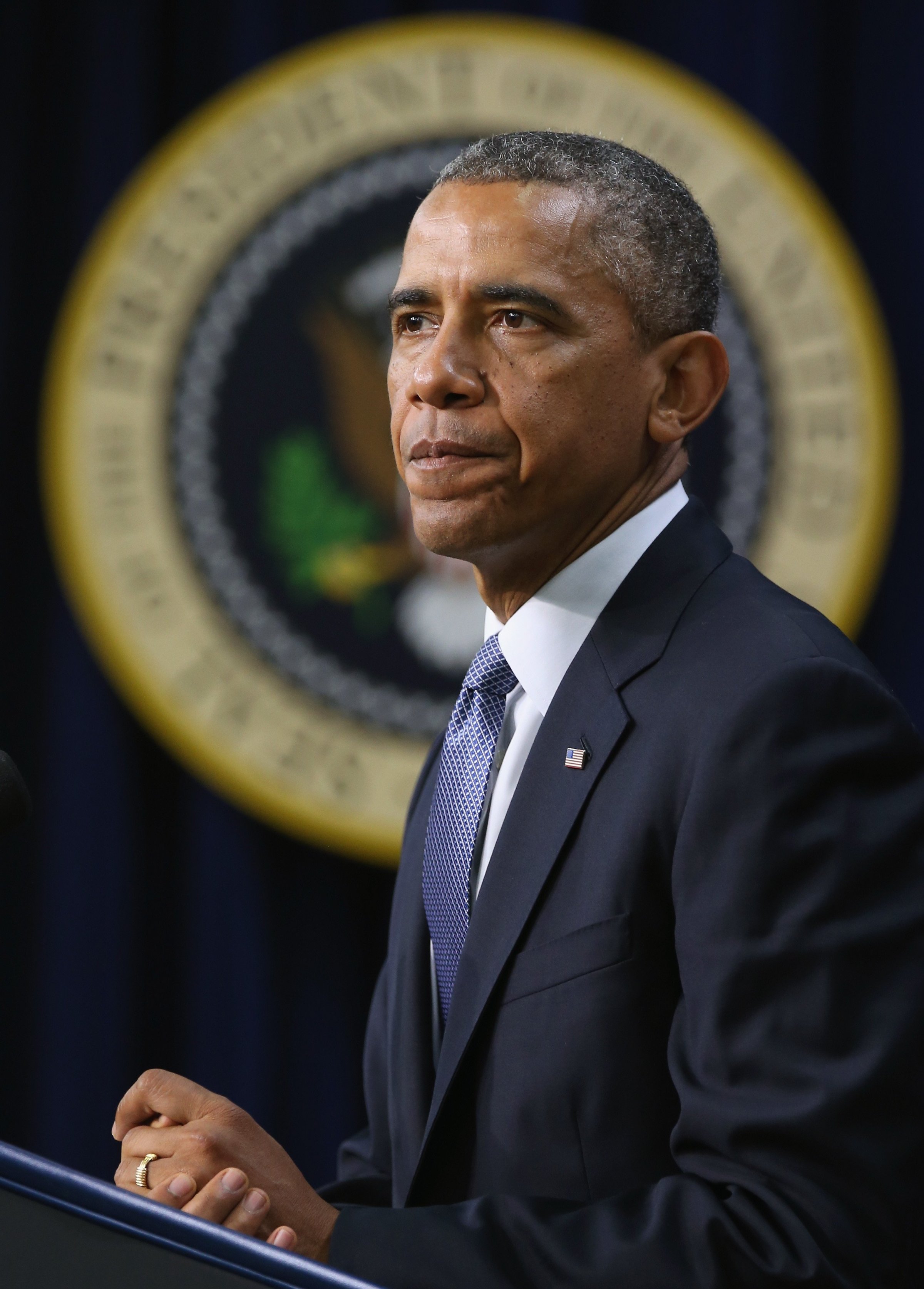
On Tuesday, two federal courts issued rulings on President Obama’s healthcare law. Here’s what you need to know about how the rulings affect you:
What did the courts say?
A panel in the D.C. Circuit Court of Appeals ruled that the Affordable Care Act (ACA) does not allow the federal government to distribute insurance subsidies through a federal exchange being used in 36 states. Many states declined to set up their own insurance exchanges, forcing the federal government to set up its own central exchange where subsidized plans are sold. The D.C. court said that only people living in those states with their own exchanges are eligible for federal subsidies, due to ambiguities in the language of the ACA.
But in the Fourth Circuit Court of Appeals, judges reached the opposite conclusion. That panel ruled that the federal government does have the authority to hand out insurance subsidies through the federal exchange, and always intended subsidies to be available to any eligible individual in the U.S., regardless of who is running the exchange.
What happens next?
The federal government will appeal the D.C. court ruling and plaintiffs in the identical case in the Fourth Circuit will also likely appeal. The issue is likely to remain unsettled for many months.
What does this mean for Americans currently getting insurance through the ACA?
Nothing yet. With conflicting rulings on the same day and appeals certain, the status quo will remain in place — for now.
But if the D.C. ruling ends up being upheld and the Fourth Circuit overturned, the consequences would be immense. By 2016, more than 7 million people are set to receive ACA insurance subsidies through the federal exchange at the center of each of Tuesday’s rulings. These subsidies are now under threat, and could disappear in those 36 states if the D.C. ruling is upheld on appeal.
Without subsidies, millions in those states could see their insurance premiums go up dramatically. The ACA requires most Americans to have health insurance but only if they can afford it. Without subsidies, coverage for millions would become unaffordable. Removing these people from the health insurance pool could destabilize premiums for everyone else.
What would that mean for Obamacare?
It would be a hammer blow, if the D.C. ruling stands. The government would no longer be able to distribute insurance subsidies in those 36 states, unless those states opted to set up their own exchanges. That would be unlikely, since many of the states that declined to set up exchanges did so in protest at the ACA. The subsidy system is a central feature of Obamacare and Democrats’ plan to expand insurance coverage to low- and middle-income Americans.
Opponents of the law have sued over the ACA before. What makes this case different?
A ruling that threatens to strip insurance subsidies from millions of Americans is the most significant threat to Obamacare since it overcame the challenge to its constitutionality in the U.S. Supreme Court in 2012 — though that same ruling made its Medicaid expansion optional and not mandatory, blocking millions of low-income Americans from coverage. Legal arguments made against Obamacare since have not struck at the heart of the law’s goal of expanding coverage. The recent Hobby Lobby lawsuit, for example, only affected contraception coverage for some employer health plans.
More Must-Reads From TIME
- The 100 Most Influential People of 2024
- The Revolution of Yulia Navalnaya
- 6 Compliments That Land Every Time
- What's the Deal With the Bitcoin Halving?
- If You're Dating Right Now , You're Brave: Column
- The AI That Could Heal a Divided Internet
- Fallout Is a Brilliant Model for the Future of Video Game Adaptations
- Want Weekly Recs on What to Watch, Read, and More? Sign Up for Worth Your Time
Contact us at letters@time.com